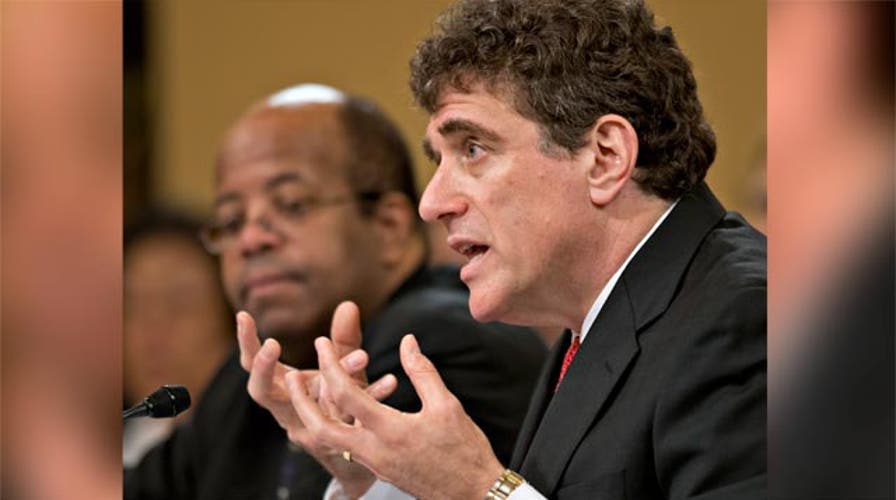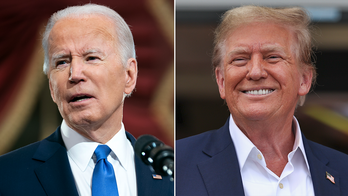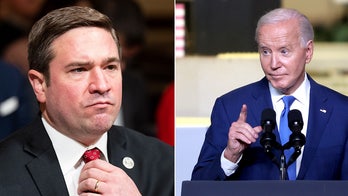The IRS targeting Tea Party groups and other conservative-leaning political organizations has reignited calls for reform and the argument among Capitol Hill Republicans that the federal government has become too big and out of control.
Among those leading the calls for reform is Michigan Rep. Dave Camp, chairman of the Republican-led House Ways and Means Committee, which held a hearing on the scandal five days after the targeting was made public and two days after the resignation of acting IRS Commissioner Steven Miller.
“This systemic abuse cannot be fixed with just one resignation,” Camp said at the start of the hearing Wednesday. “This is a problem of the IRS being too large, too powerful, too intrusive and too abusive of honest, hardworking taxpayers.”
The inspector general’s report made public May 11 found that IRS employees at the agency’s Determinations Unit from spring 2010 until about fall 2011 used keyword searches such as “tea party” and “patriot” to target groups applying for tax-exempt status.
The groups were then subjected to further IRS investigation and document requests, with some having their applications delayed for nearly three years. At least 98 applicants were asked for such information as donor lists and whether family members planned to run for public office.
The Treasury Department inspector general told top IRS officials in roughly June 2012 that it was investigating the targeting allegations, which suggests the Obama administration knew about the situation in the backstretch of the president's re-election campaign.
The calls for reform range from revamping the country’s complicated tax code to perhaps overhauling the entire tax-collection agency.
“This is a perfect example of why we need tax reform,” Arkansas Republican Rep. Tim Griffin said Friday.
The idea of reforming the tax code is nothing new, with 2012 Republican presidential nominee Mitt Romney among the most recent to try by proposing a more across-the-board or “flatter” tax rate with fewer deductions and loopholes.
And during his party’s primary debates, Texas Gov. Rick Perry and former House Speaker Newt Gingrich were among the candidates who proposed simplifying the code.
“Seven percent flat tax,” Perry said during a Jan. 2012 debate sponsored by Fox News. “Simple. Keep it simple.”
However, Camp is suggesting more sweeping reform.
“Trimming a few branches will not solve the problem when the roots of the tree have gone rotten,” he said. “That is exactly what has happened with our entire tax system -- it is rotten at the core, and it must be ripped out so we can start fresh.”
Potential 2016 Republican presidential candidates have also gotten into the conservation.
“This president has grown the size, the scope, the debt and the power of the federal government to such irresponsible proportions … that this is the inevitable result,” Louisiana Gov. Bobby Jindal said Saturday at the Virginia Republicans’ annual convention.
Conservatives from at least as far back as President Reagan to Libertarian and former Texas Rep. Ron Paul have called for the shuttering or scaling back of such federal groups as the Education Department and the Environmental Protection Agency, saying they have exceeded their scope of power and such decisions are better made on the state level.
However, nobody so far appears to have a plan for a large-scale overhaul.
Utah Republican Sen. Mike Lee tried earlier this week to mitigate criticism about the outrage over the IRS being largely political, saying the federal government is “inherently dysfunctional, corrupt and intolerant regardless of who is in charge.”
And he was among the first to suggest at a fix.
“The long-term solution is for the American people to demand that government be less involved, less intrusive and therefore less able to carry out these kinds of abuses,” he said.





